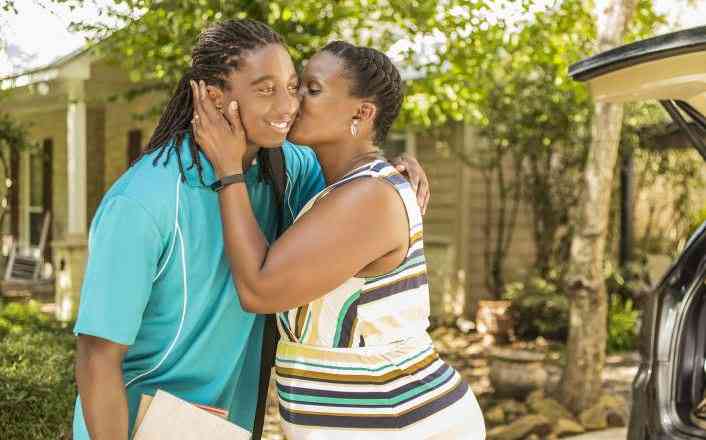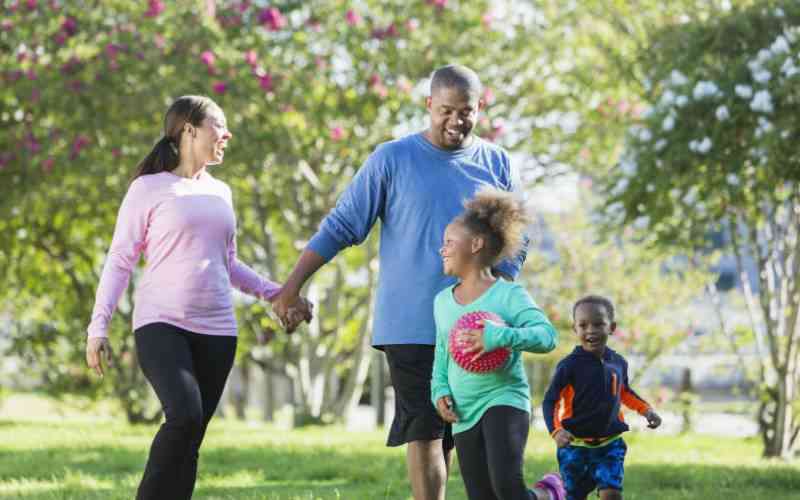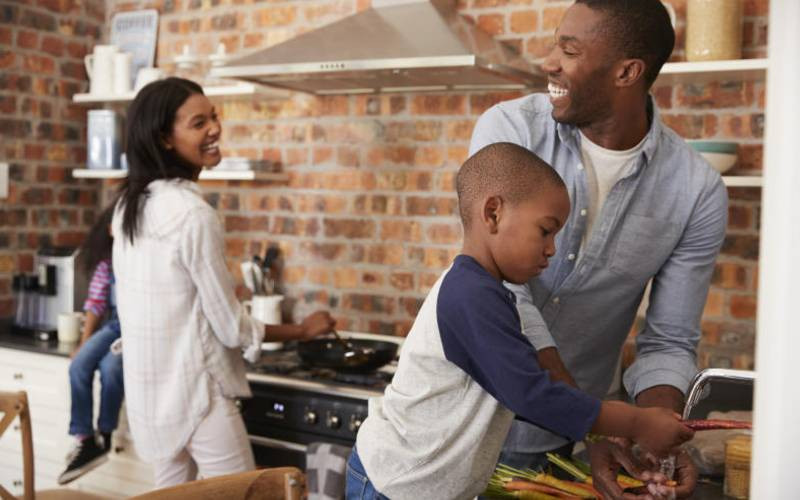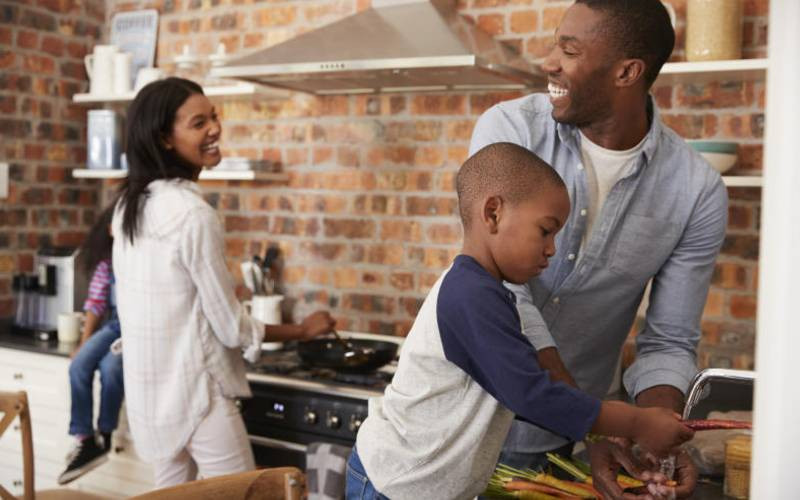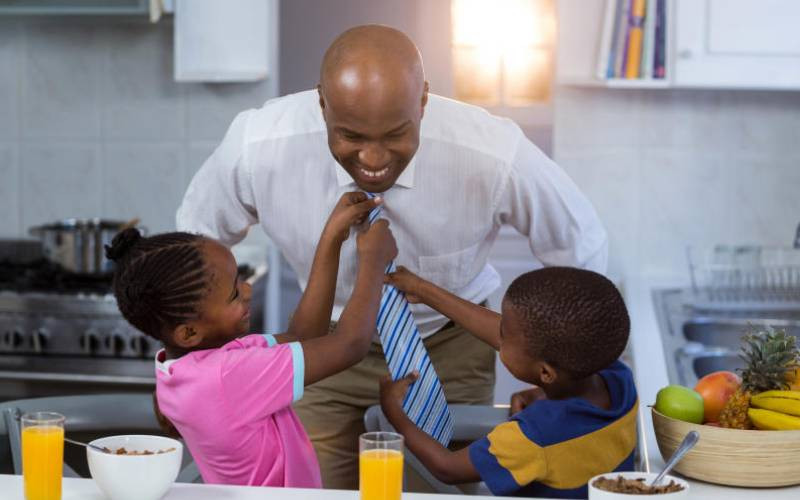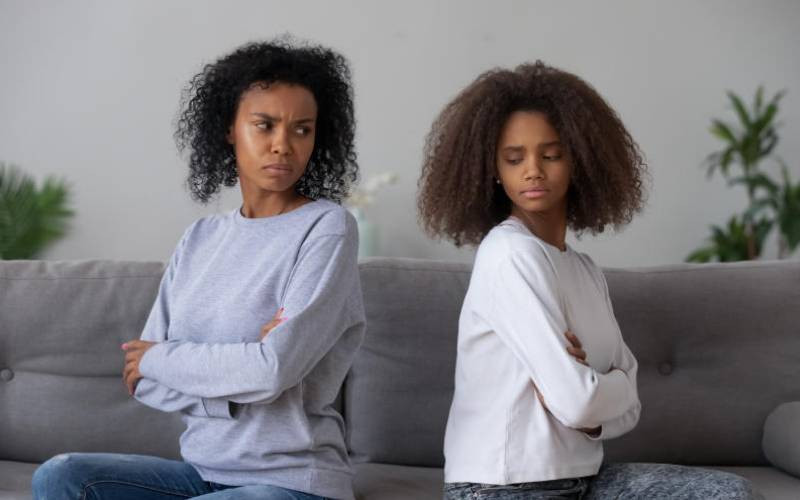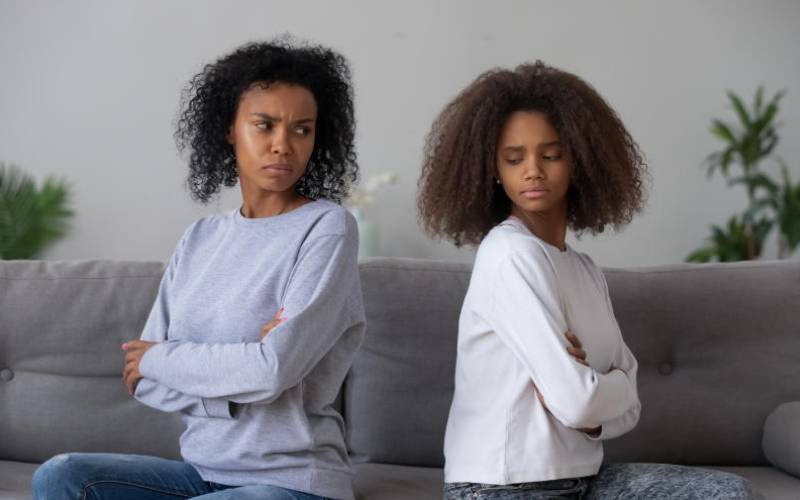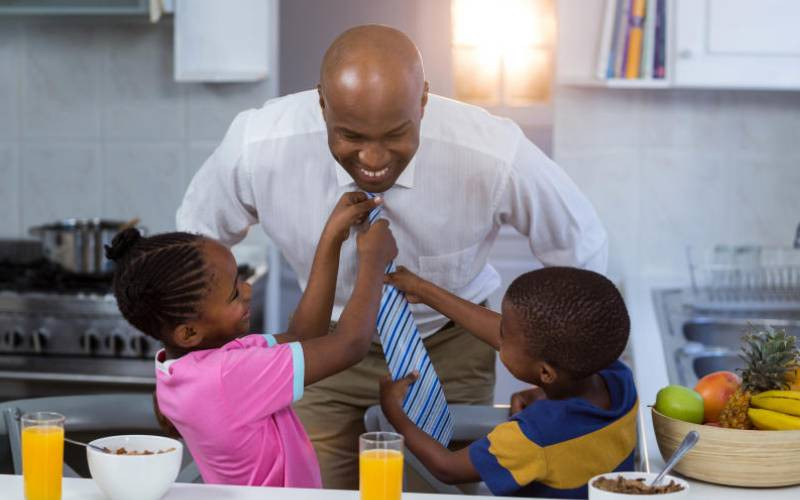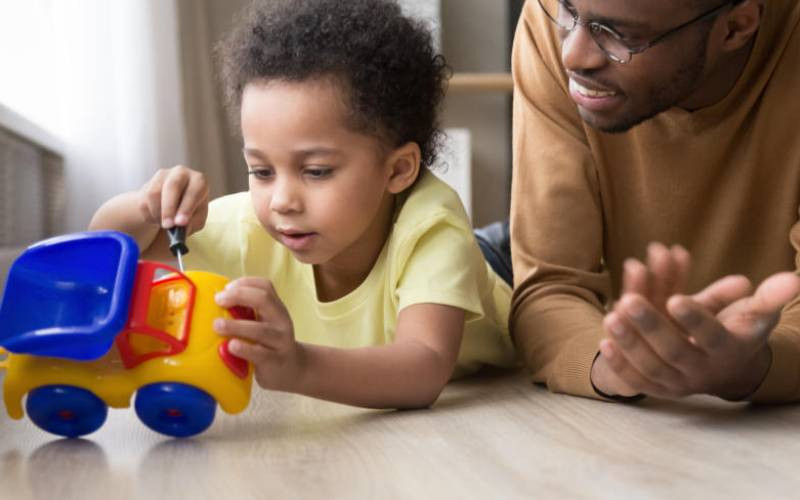
The Duchess of Cambridge has joked she would "like to ask the experts" for advice on handling her children's tantrums while answering early years questions from members of the public.
While responding to the question "how do you manage temper tantrums in your household" via video message, Kate said: "Yes, that's a hard one", before laughing and saying "I'd also like to ask the experts myself".
The duchess thanked a "huge number" of her social media followers who sent in questions "with wonderful emojis attached to them", before revealing that her interest in early years is driven by ambitions for "the society we could and can become".
For the last nine years, Kate has spent time looking into how early childhood experiences can cause social challenges to arise later in life, such as addiction, family breakdown, poor mental health, suicide and homelessness.
Wearing a magenta blouse with tie detail at the neck, the duchess answered the question 'what sparked your interest in the early years?'

She responded: "I actually get asked this question a lot. I think that people assume that because I am a parent, that's why I have taken an interest in the early years.
"I think this really is bigger than that. This isn't just about happy, healthy children.
"This is about the society we could and can become.
"Right from the early days, meeting lots of people who are suffering with addiction or poor mental health, and hearing time and time again that their troubles now in adulthood stem right back from early childhood experience".
On the subject of temper-tantrums, deputy head of the Early Years programme at the Anna Freud Centre, Alice Haynes, intervened using her own experience with her two-year-old son after the duchess joked she wanted advice for that question herself.
She said: "When my son has a temper-tantrum, I try to put into words how I think he might be feeling in a slow and calm and gentle way."
Answering more questions from her virtual audience, Kate said the best part of her early years project has been "going around the nation" to meet "loads of amazing families" and "hearing what their experiences of parenthood was really like" as well as the "amazing people" and charities who support them.

When asked what she liked most in her own childhood, the duchess said: "I loved spending time outside, and that has stuck with me for my whole life."
Kate has been the driving force behind a new early years report which features a number of studies, conducted by Ipsos Mori, including the Royal Foundation's "five big questions on the under-fives" poll which attracted more than half-a-million participants - the largest-ever response to a survey of its kind.
The research reported that 98% believe that nurture is essential to lifelong outcomes, but that only 24% think pregnancy to age five is the most pivotal period for health and happiness in adulthood.
Although 90% see parental mental health and wellbeing as critical to a child's development, only 10% of parents took time to look after themselves when they prepared for the arrival of their baby, the research states.
The study - which has produced five key insights - also showed that the Covid-19 pandemic has dramatically increased parental loneliness, with 38% experiencing this before the crisis, and 63% - almost two-thirds - after the first lockdown, a jump of 25%.
 The Standard Group Plc is a multi-media organization with investments in media platforms spanning newspaper print
operations, television, radio broadcasting, digital and online services. The Standard Group is recognized as a
leading multi-media house in Kenya with a key influence in matters of national and international interest.
The Standard Group Plc is a multi-media organization with investments in media platforms spanning newspaper print
operations, television, radio broadcasting, digital and online services. The Standard Group is recognized as a
leading multi-media house in Kenya with a key influence in matters of national and international interest.

